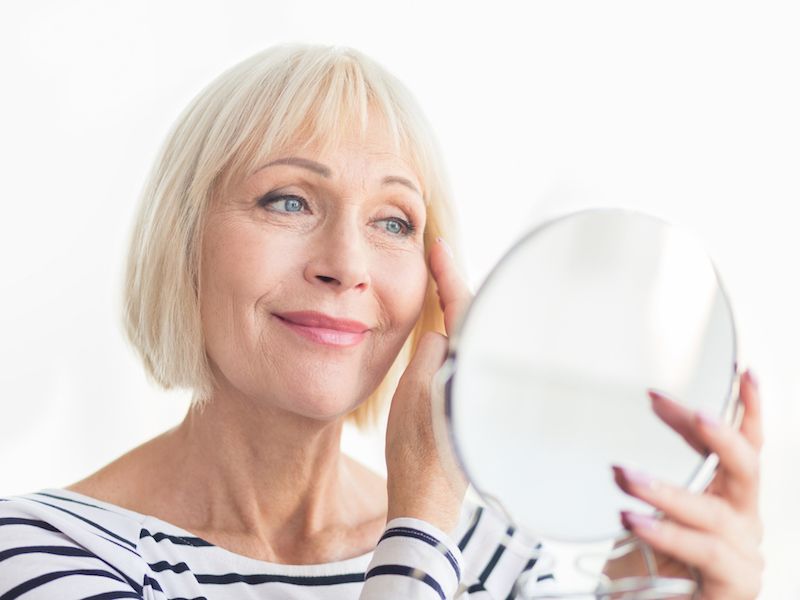
It seems like we’re constantly attempting to stay youthful. We spend countless hours undertaking everything possible to stay youthful. From special diets to fad workout programs to Botox to wrinkle creams. And yet, even with all that effort (and all that time), we commonly neglect doing one easy thing that may really work: using ear protection.
Hearing loss is often one of those “signs of aging” that we often consider to be inevitable. But it’s not that simple. You can keep your hearing in good condition and help prevent damage by protecting and taking care of your ears. And as the years go on, strong hearing can have considerable anti-aging advantages.
Aging And Hearing
When we speak about “aging” we don’t usually mean the actual passage of time. Rather, “aging” generally describes the presentation of certain emotional, mental, or physical characteristics that we associate with aging. Pain in your joints is a great example of this. When your knees begin to hurt, you might relate that with “getting old”. But lifestyle has as much to do with this as age does.
The same will also apply to many types of hearing loss. There’s an accumulation of damage as you get older. And in most cases, it’s the accumulation of damage that leads to the actual hearing deterioration. And it’s typically downhill from there. Untreated hearing loss has been linked to several other indications of aging:
- In some cases, the mental burden associated with trying to hear can result in issues such as memory loss or insomnia. And, in an especially intense way, that can make you feel like you are getting old.
- Research has shown a strong link between untreated hearing loss, depression, and anxiety.
- Self isolation from family and friends can be the consequence of neglected hearing loss.
- The onset of mental issues, including dementia, can sometimes be hastened by neglected or unnoticed hearing loss.
So How do I Combat Age-Related Hearing Loss?
You’re actually emphasizing damage prevention when you fight the “signs of aging” in your ears. And it’s fortunate that we can accomplish that using several methods. Here are some things you can do:
- Wear hearing protection to work if your job exposes you to loud noise. Current ear muffs have excellent technology that can let you hear voices clearly while eliminating loud, harmful environmental sounds.
- Increase your awareness. It isn’t only the painfully loud sounds that can lead to damage. Moderate noise for extended durations can cause injury to your ears, too.
- As much as possible, avoid loud noises. And when you can’t stay away from high volume areas, wear hearing protection. So make sure you use earplugs when you go see your favorite band.
Your ears can be safeguarded by all of these actions. But if you want to keep your hearing in good shape you can do one more thing: schedule an appointment with us for a hearing examination. Catching hearing loss before you even notice it can be accomplished by getting regular screenings. Even if your hearing is perfectly fine, an exam will still be able to provide a useful baseline to compare against future results.
Wear Hearing Aids to Keep Your Ears Healthy
The world we live in can be loud. Despite your best effort to take care of your hearing, you still might eventually detect some hearing loss. If that’s the case, it’s essential that you seek help as soon as you can. A good set of hearing aids can help counter some of the so-called age-related issues related to hearing impairments.
Hearing aids can help your ears function more youthfully, sort of like a facelift for your ears. And that can help keep depression, dementia, and other issues from increasing. This example only goes so far since a facelift is cosmetic and hearing aids are essential. You may look younger if you use wrinkle cream. But your best bet, if want to feel younger, is to deal with your hearing loss and safeguard your hearing.